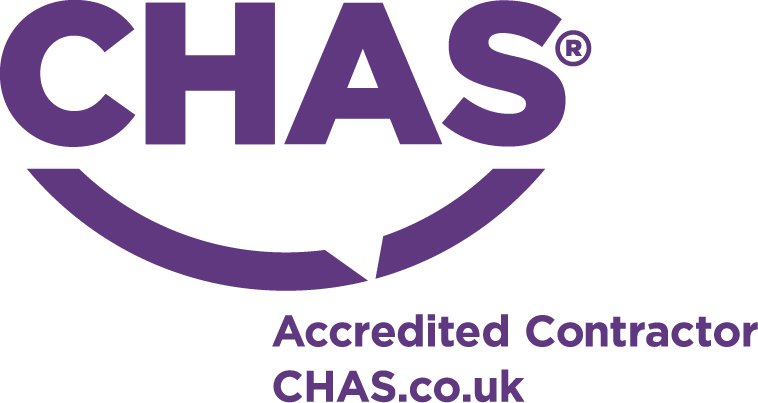10 Common Questions About Asbestos Awareness Training Answered
10 Common Questions About Asbestos Awareness Training Answered
Introduction to Asbestos Awareness Training FAQs
Asbestos awareness training is essential for anyone working in environments where asbestos-containing materials (ACMs) may be present. Despite its importance, many people have questions about the requirements, benefits, and logistics of this type of training. In this article, we’ll answer 10 of the most frequently asked questions to help you make informed decisions.
1. What is asbestos awareness training?
Asbestos awareness training is designed to educate individuals about the dangers of asbestos, how to identify it, and how to work safely without disturbing ACMs. This training is not intended to prepare individuals to handle or remove asbestos.
2. Who needs asbestos awareness training?
Anyone who may come into contact with asbestos in their work should complete asbestos awareness training. This includes construction workers, electricians, plumbers, maintenance staff, and property managers.
3. Is asbestos awareness training a legal requirement?
Yes. According to the Control of Asbestos Regulations 2012, employers must ensure that workers who may be exposed to asbestos receive proper training. This also applies to supervisors managing such workers.
4. How often should asbestos awareness training be refreshed?
While there is no legal requirement for annual refresher courses, the Health and Safety Executive (HSE) recommends periodic updates to maintain awareness. Many employers choose to provide refresher training every 12 months.
5. How do I choose the right asbestos awareness course?
Look for courses accredited by reputable organisations such as UKATA, RoSPA, or IATP. Ensure the course content aligns with your specific needs, whether online or onsite delivery is preferred.
6. What is the difference between asbestos awareness and removal training?
Asbestos awareness training educates individuals on recognising and avoiding asbestos. Removal training is for those authorised to handle and remove ACMs, requiring more in-depth instruction and licensing.
7. Can asbestos awareness training be done online?
Yes, many providers, including UKASL, offer online asbestos awareness training. This is a flexible option that allows participants to learn at their own pace.
8. How long does asbestos awareness training take?
Most asbestos awareness courses can be completed in 1-2 hours. The exact duration depends on the provider and the course format.
9. Will I receive a certificate upon completion?
Yes, reputable asbestos awareness courses provide a certificate upon successful completion. This certificate demonstrates compliance with legal requirements and can be shared with employers.
10. How much does asbestos awareness training cost?
The cost varies depending on the provider and format. Online courses are typically more affordable, ranging from £30 to £50 per person, while onsite training may have higher costs due to customisation and group sessions.
Ready to Start Your Asbestos Awareness Training?
If you’re looking to comply with regulations and protect your workforce, explore our online asbestos awareness courses or onsite training options. At UKASL, we’re committed to providing high-quality, accredited training to keep you informed and safe.





